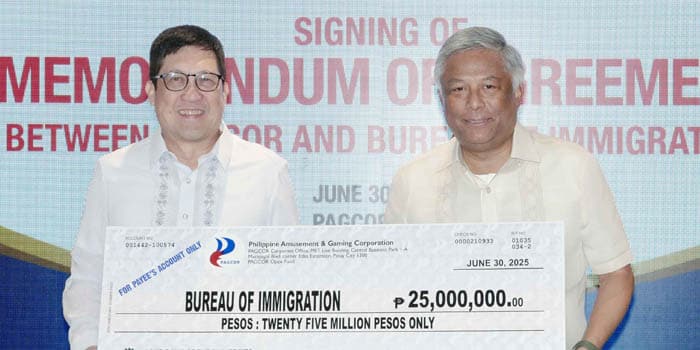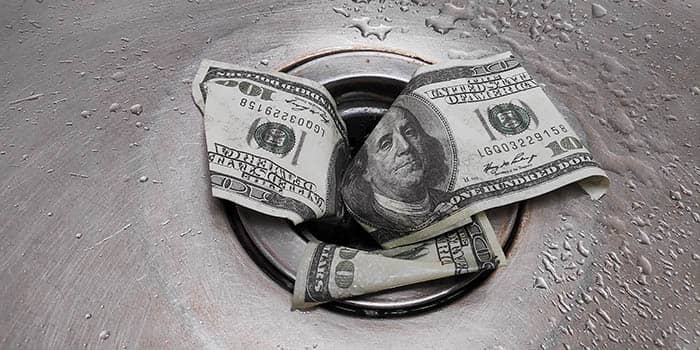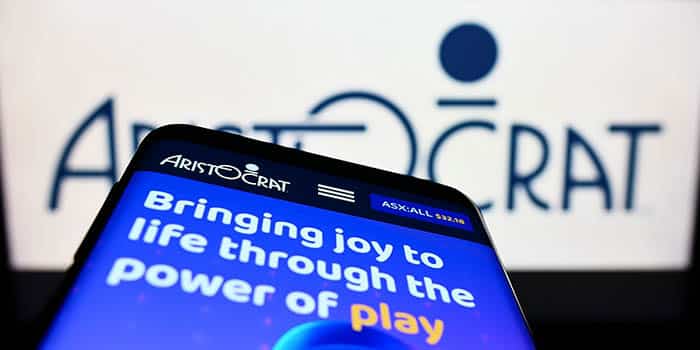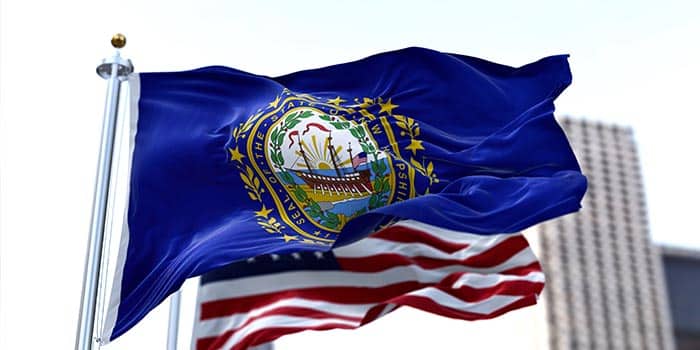- Casino
- By State
- Alabama
- Alaska
- Arizona
- Arkansas
- California
- Colorado
- Connecticut
- Delaware
- Georgia
- Florida
- Hawaii
- Idaho
- Illinois
- Indiana
- Iowa
- Kansas
- Kentucky
- Louisiana
- Maine
- Massachusetts
- Maryland
- Michigan
- Minnesota
- Mississippi
- Missouri
- Montana
- Nebraska
- Nevada
- New Hampshire
- New Jersey
- New Mexico
- New York
- North Carolina
- North Dakota
- Ohio
- Oklahoma
- Oregon
- Pennsylvania
- Rhode Island
- South Carolina
- South Dakota
- Tennessee
- Texas
- Utah
- Vermont
- Virginia
- Washington
- West Virginia
- Wisconsin
- Wyoming
- By State
- Slots
- Poker
- Sports
- Esports
AMLC Asks PAGCOR to Revoke Two Offshore Gaming Operators Licenses

In September, it transpired that POGOs or Philippine Offshore Gaming Operators had shorthanded the state budget by $28 million. Now, the Philippines’ Anti-Money Laundering Council (AMLC) is taking action against two of the 36 licensed POGOs, which have failed or outright refused to meet compliance checks as demanded by regulation.
The watchdog has singled out MG Universal Link Limited and Inner Strong Limited, which failed to enforce proper compliance checks, the regulator said in an official statement published on its website. As a result, the AMLC has placed a request with the country’s gaming regulator, PAGCOR, “to revoke the registration of those covered persons” who have refused to collaborate with the AMLC.
This compliance prerequisite has been recently extended to include offshore gaming operators, and some have not had time to fully organize their operations. However, the majority of POGOs have entered a dialogue with the regulator.
As a result of a change to the Anti-Money Laundering Act of 2001, the AMLC is within its rights to conduct thorough compliance checks targeting POGOs, provided that the regulator has given a 24-hour notice.
POGOs Play a Vital Role in Philippines Recovery
POGOs have experienced changes in legislation as Philippines President Rodrigo Duterte signed a new law in September, allowing offshore companies to operate but also changing the way these operators are taxed.
The law clarified tax compliance requirements and the tax regime for POGOs in a bid to strengthen income from the gaming operations, which have been largely successful. The legislation introduced a five-percent flat tax on gross gaming revenue (GGR), replacing existing levies from direct and indirect local and governmental taxes.
However, the law allows for regulators such as PAGCOR to seek and impose additional taxes that may not exceed 2% of the operator’s GGR. The new tax law also argues that foreign national employees will have to pay a 25% tax on their income, which will be withheld from their income.
Under the new tax regime, 60% of the revenue will be directed to the Universal Health Care Act in a bid to bolster the Philippines’ healthcare system. Of this amount, 20% will be allotted to improving existing health facilities.
Related Topics:
Luke is a media graduate who is looking to build upon his experiences from his strong love of sports betting and casino games which started during his first year of college. His fresh mindset always brings new content ideas to the team and his editorial skills will continue to grow with the help of the upper management team at Gambling News.
Previous Article

Casino
October 11, 2021
Paltronics Australasia Signs Global Distribution Partnership with Genesis Gaming

Must Read
Casino
June 30, 2025
Man Admits to Laundering Cocaine Money Through Casinos
More Articles





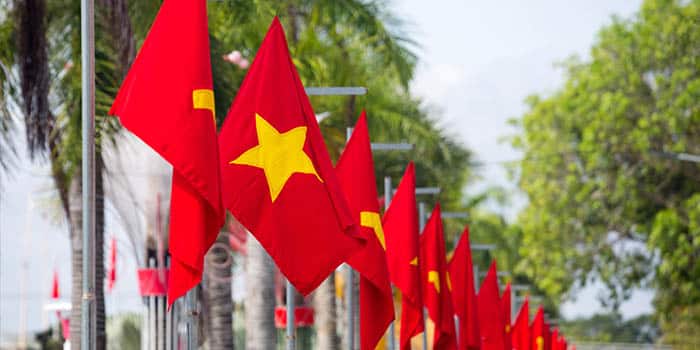
Casino
June 30, 2025
Vietnam Greenlights $2B Van Don Casino Resort

Casino
June 30, 2025
BC.Game Player Turns $20 Bet into $100K+ Payout

Casino
June 30, 2025
Hard Rock Executive Under Fire Due to Alleged Misdeeds
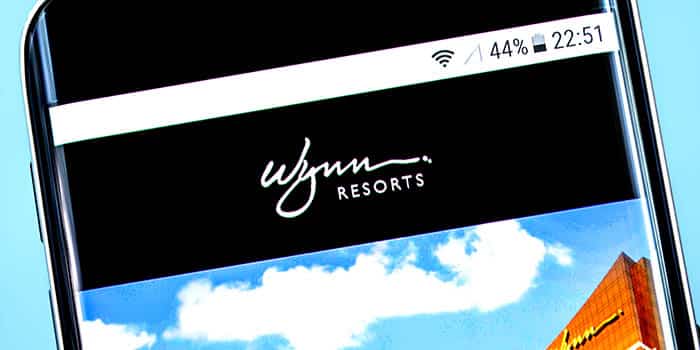
Casino
June 30, 2025
Wynn COO Vows Change Amid Ongoing Regulatory Pressure
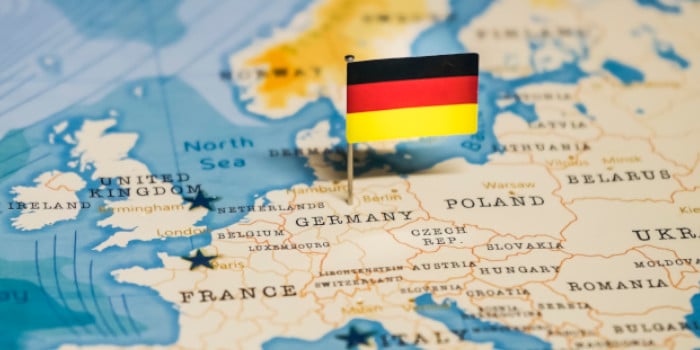
Casino
June 30, 2025
DIMOCO Enters Germany iGaming Market with Neo.Bet


